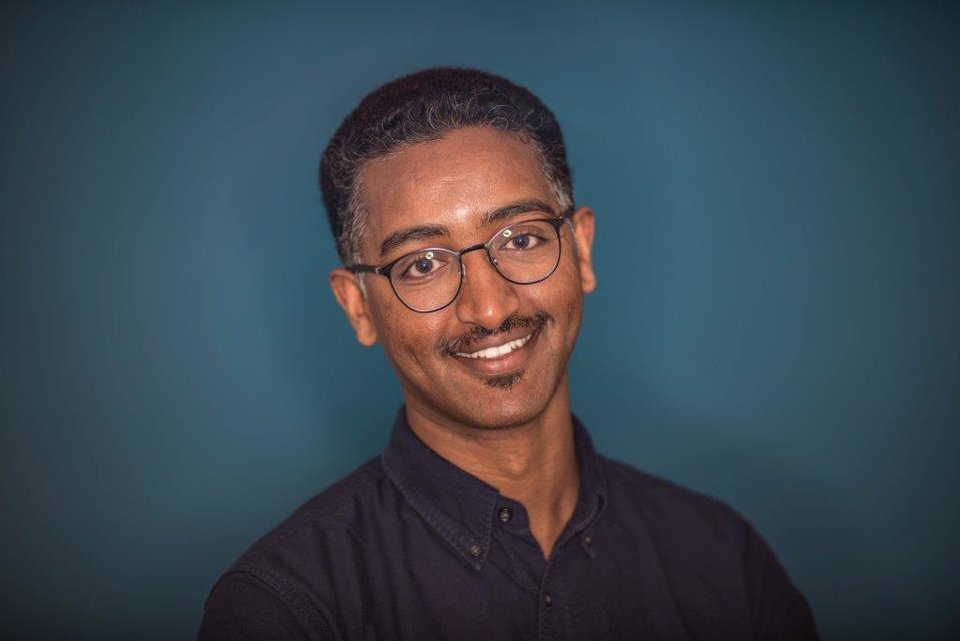Preventing fresh water shortages due to drought
Assistant Professor of Water & Control, Dr Edo Abraham together with Wageningen University & Research and many partners is going to focus on the reuse of wastewater and brackish groundwater in order to have more fresh water in reserve during dry periods in the Netherlands.
The AquaConnect research programme focuses on technological solutions that will enable the Netherlands and other delta regions to become self-sufficient in fresh water supply. For this research, the consortium will receive over 4 million euros from the NWO Perspectives programme, supplemented by 2 million euros from companies and social organisations. Edo Abraham, together with Shariat Torbaghan, a researcher from Wageningen, is leading the workpackage on future smart water grids.
Increasingly, the Netherlands faces a shortage of freshwater due to severe drought. The broadly based AquaConnect-consortium offers a solution: The researchers aim to deploy novel water purification technologies to reuse wastewater and brackish groundwater. The technology is supported by a system that determines the required water quality for each purpose. This method may then be used by the government in its policymaking. Moreover, the researchers are working on advanced computer models to link water supply and demand through so-called smart water grids.
Smart future water grids
Work package "Robust optimisation of future smart water grids at scale
The workpackage led by Edo Abraham and Shabar Shariat Torbaghan focuses on a way to optimise our water infrastructure. This is necessary in order to be able to get exactly the right water to a certain type of user in the future.
Maintenance and replacement of existing centralised water infrastructure is becoming increasingly expensive. One solution is to implement resilient and more flexible water supply systems. One of the main advantages of this approach is that customised water is delivered, i.e. water of exactly the required quality for the user, thus avoiding treatment and transport costs.
But the transition to such more flexible water supply systems requires changes in the existing water transport infrastructure. It also requires the addition of new centralised and also decentralised infrastructure. In this work package a toolbox will therefore be developed that can be used by decision makers for reliable long term water system planning.
A team of two PhD students, one from the TUD and one from the WUR, will work closely with end users to develop practically useful calculation tools for their planning of future water networks.
Four pilot locations
The programme will show four regions how they can become self-sufficient in fresh water supply as an example for other places in the world. Besides TU Delft and Wageningen University & Research, a large number of other parties are participating in the consortium (see box).
Perspective
The Perspective programme challenges scientists to develop novel research routes with economic and social impact in collaboration with businesses and civic organisations. This Dutch Research Council (acronym NWO) programme is funded by the Ministry of Economic Affairs and Climate. The Perspective programme strives to contribute to creating economic opportunities within the key technologies and social themes of the mission-driven innovation policy.
